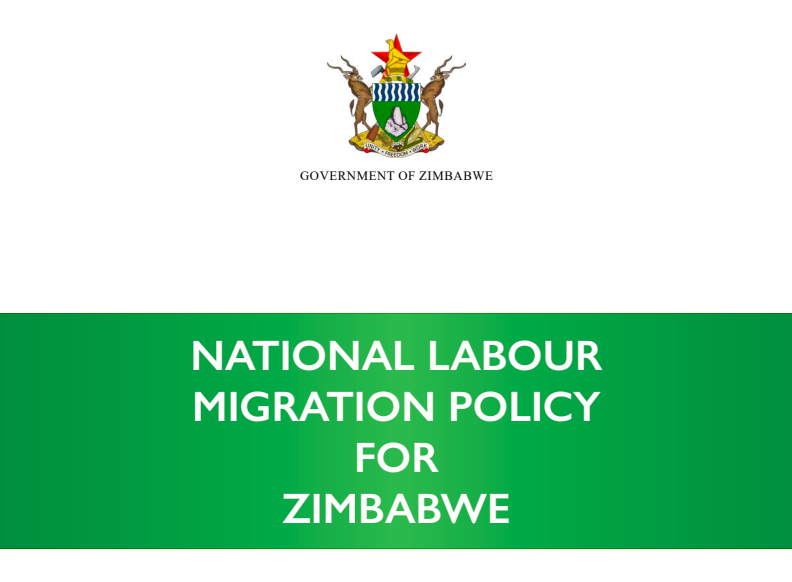By Own Correspondent
ZIMBABWEANS working abroad are taking up the worst jobs in the 3Ds category due to desperation emanating from challenges faced back home, a landmark Afrobarometer survey has revealed.
The study titled, “For many Zimbabweans, emigration holds promise of economic opportunity” establishes that for many Zimbabweans, labour out migration can have many benefits including poverty reduction through remittances, the boosting of foreign currency reserves, and knowledge and skills transfer.
“Most Zimbabweans working abroad take on “three D” jobs, so-called because they are considered dirty, dangerous, and degrading. Many jobs are characterised by the absence of employment contracts and social protection, exploitative wages and long working hours, lack of union representation, and non-existent support from both the Zimbabwean government and the destination country,” the report observed.
In 2023, Zimbabwe’s net migration rate was -6 people per 1,000 population, indicating that more people continue to permanently leave than enter the country.
Outmigration is driven by both economic and political factors in Zimbabwe with the most prominent reasons for moving abroad include looking for livelihood opportunities, leaving for education or training, joining family, and traveling to conduct commercial activities.
Afrobarometer says since the government-mandated land seizures of commercial farms in 2000 and the resulting economic freefall, the numbers of both skilled and unskilled workers leaving Zimbabwe has accelerated. Emigration has also intensified during times of political violence and human-rights violations. In 2008, a year of highly contested elections, the number of Zimbabweans applying for asylum jumped fivefold to more than 100,000.
The countries with the biggest Zimbabwean diaspora populations are South Africa, the United Kingdom, Australia, Canada, New Zealand, and the United States.
Key findings indicated that three-quarters or 76% of Zimbabweans say that Southern Africans should be able to move freely across international borders in order to trade or work. Only one in five (21%) think the government should limit people’s cross-border movement. Two-thirds (67%) of respondents say that, in practice, crossing international borders is “difficult” or “very difficult.”
Almost half (48%) of Zimbabweans see the economic impact of migrants as positive, while 35% say it is negative. Large majorities say they have no qualms about living next door to foreign workers or immigrants (86%) or refugees (77%).
Even so, more than six in 10 citizens say the government should reduce the number of foreign job seekers it allows to enter the country (47%) or eliminate such immigration altogether (16%). Similar proportions favor reducing (49%) or eliminating (12%) entry by refugees.
Nearly six in 10 respondents (58%) say they have considered leaving Zimbabwe “a little bit,” “somewhat,” or “a lot.” This figure is especially high among highly educated citizens (75% of those with post-secondary education) and the youth (68% of 18- to 35-year-olds). o About seven in 10 have thought about moving abroad among those with parttime or full-time jobs (67%-70%) and those who are unemployed (69%).
“The most common reasons motivating emigration are economic: 58% of prospective migrants point to finding better work opportunities, while 32% want to escape economic hardship/poverty,” the Afrobarometer report added.








Leave a comment